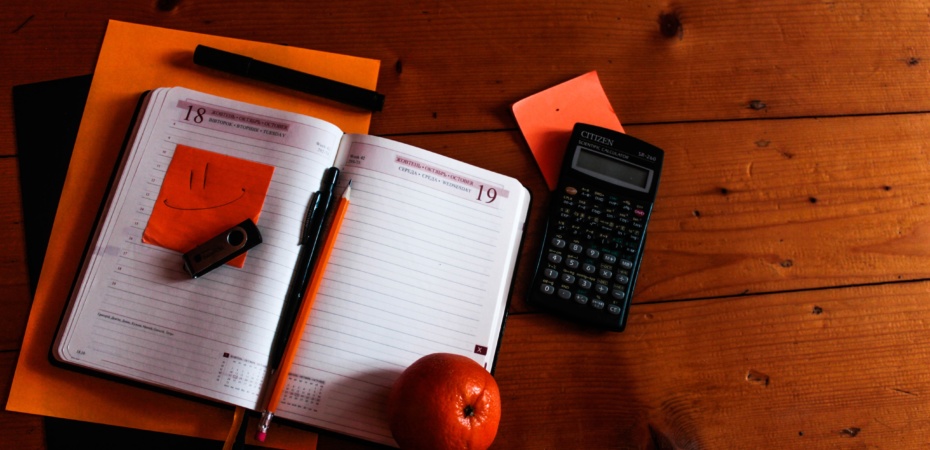Mention the word budget and many of us might roll our eyes. Completing a personal budget is seen as boring. There’s no getting around it.
But, what if we looked at budgets another way? What if we looked at a personal or household budget as a tool to improve our mental health? If budgeting could make us happier, could we overcome the boredom?
The links between money and mental health
The links between money issues and our own wellbeing are now well known. Our own 2018 Reader Survey found many strong links between the two. In Parliament, a research report called the Five Year Forward View for Mental Health, backed the idea up. The report said:
‘Financial difficulties can aggravate and even cause mental health problems […] The more debts a person has, the more likely they are to develop a mental health problem, even after adjusting for income and other factors.’
Another survey from earlier this year by the Money and Mental Health Policy Institute found that: ‘86% of respondents to the survey of nearly 5,500 people with experience of mental health problems said that their financial situation had made their mental health problems worse.’
The chicken or the egg
A lot of the talk about money and mental health views money problems as a result of poor mental health. This is true, but it also works the other way around. Money problems can lead to poor mental health, too. We all become stressed and anxious if we can’t make ends meet. As the Mental Health and Money Advice charity says:
‘For those in financial difficulty, it’s easy to become worried and stressed about your finances and start to cut back on essentials like food and heating or social activities. This impact on your living and social situation can lead to poor mental health.’
This is why a proactive measure, like putting together a household budget, is so important. By filling out a budget we can work out where we need to change things ahead of time. We can see where we need to cut back, where we can save, or where we need to bring more in.
Quick and easy fix
Using an online budgeting tool is the best way to go. They are quick and easy to use. By answering a few questions and spending a few minutes, we can get an instant look at the health of our finances. Follow this link to our on-site budgeting tool. Even if the budget tool shows we have a lot to do to balance things up, we’ve made an important step.
By working out our budget, we’ve begun the process of taking back control of our finances. Acting on what our budget tells us, whether that’s cutting back or bringing more in, will help bring us peace of mind. That’s got to be worth an hour or so spent on a ‘boring’ task?
For more info on money, budgeting and mental health:




